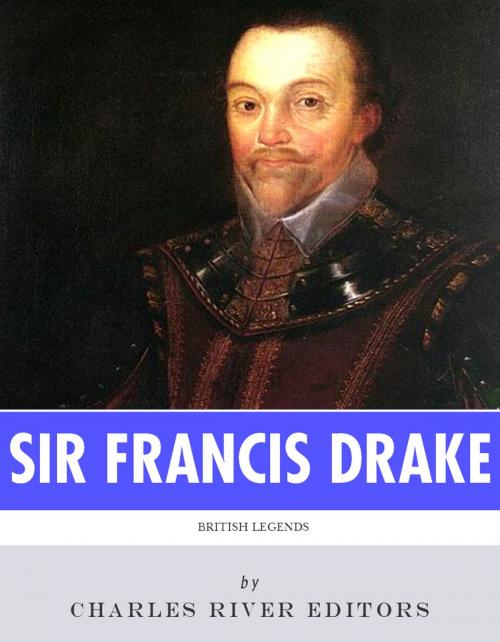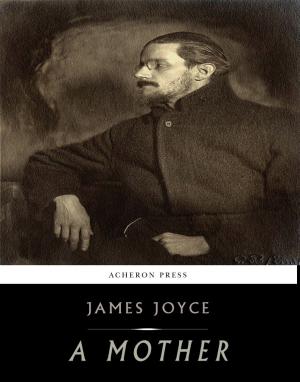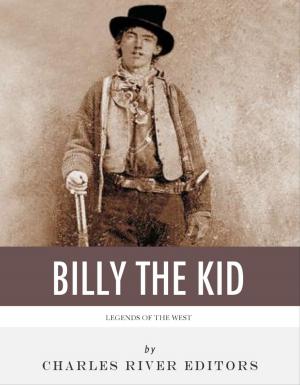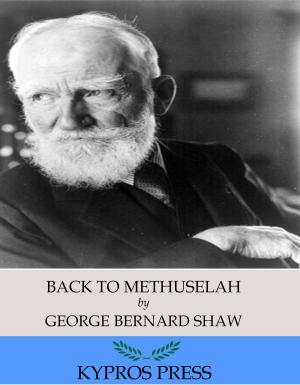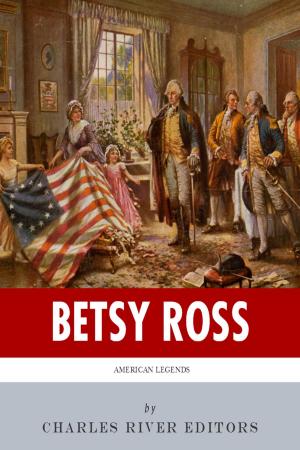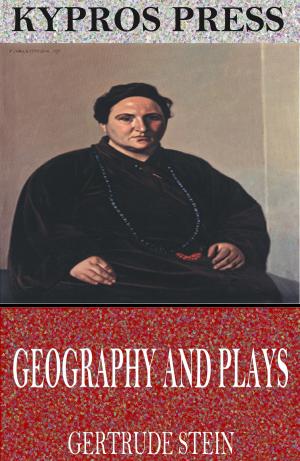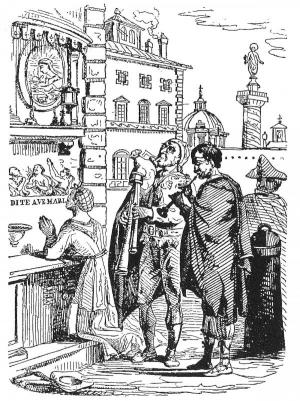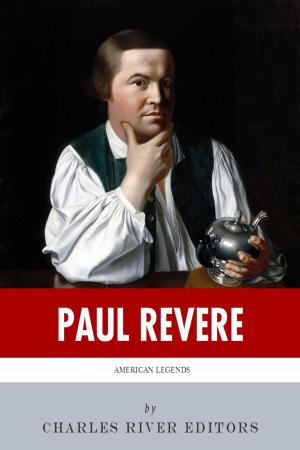| Author: | Charles River Editors | ISBN: | 9781475322767 |
| Publisher: | Charles River Editors | Publication: | March 16, 2013 |
| Imprint: | Language: | English |
| Author: | Charles River Editors |
| ISBN: | 9781475322767 |
| Publisher: | Charles River Editors |
| Publication: | March 16, 2013 |
| Imprint: | |
| Language: | English |
*Includes a contemporary account of Drake's voyage around the world. *Includes pictures depicting Drake and important people, places, and events in his life. *Discusses the legends and controversies surrounding Drake's piracy and adventures. *Includes a Bibliography for further reading.*Includes a Table of Contents. "There must be a beginning of any great matter, but the continuing unto the end until it be thoroughly finished yields the true glory." Sir Francis DrakeThe life of Sir Francis Drake, or, more precisely, the tale of it, is one of those prime examples that history is written by the winners. Drake was the most famous sailor of the Elizabethan Era, and he has long been considered a hero by the English. His successes against the Spanish as a captain and a privateer were legendary, and Drake was celebrated for fighting the Queens enemies, sinking their ships, and capturing the treasure that would otherwise be used to finance attacks on England. Drake vigorously pursued every mission given to him by Elizabeth I, and brought all his skill, experience and training to bear against her enemies. He was recognized at court for his valor, praised in story and song, and remembered for the kind of personality and esprit de corps that the English have long desired and celebrated in their military heroes. While that might have summarized Sir Francis Drakes life from an English perspective, thats not at all how the Spanish remember “El Draque” (“The Dragon”), the 16th centurys most notorious pirate. Referred to as “the main cause of wars” in one 1592 letter to the Spanish King Phillip II, Drake harassed Spanish ships in several oceans and was so despised by the Spanish that Phillip II placed the equivalent of a 7 million dollar bounty on his head. This should come as no surprise, given that Spanish accounts tell of a captain who attacked and boarded Spanish merchant ships to steal their treasure and made off with it in the kind of haughty and dramatic ways that have become standard fare in pirate lore. El Draque also had no qualms about killing those who refused his requests. Which version of Drakes life is more accurate? As usual, the reality falls somewhere inbetween. For most of his career, Drake was unquestionably a privateer and not a member of any organized Navy, thus answering to nobody except the Queen, and had he failed, he might have been shackled in irons and imprisoned. It was due to the fact he was successful that he was instead given a seat of honor at Elizabeths own table in her own court. While privateers were used by all European powers during times of war, Drake also happened to target enemy ships when no state of war existed, thus clearly veering into the realm of piracy. Naturally, Elizabeths enemies claimed that he was engaging in piracy with her blessing, which was probably true at times and untrue at others.While contemporary accounts reveal two very different sides of the same man, Drakes legacy has since been shrouded in legend, with tales concerning buried treasure, encounters with Native Americans, and his famous circumnavigation of the globe. British Legends: The Life and Legacy of Sir Francis Drake looks at the life, career, legends, and controversies of the Elizabethan Eras most famous captain. Along with pictures of important people, places, and events in his life, you will learn about Sir Francis Drake like you never have before, in no time at all.
*Includes a contemporary account of Drake's voyage around the world. *Includes pictures depicting Drake and important people, places, and events in his life. *Discusses the legends and controversies surrounding Drake's piracy and adventures. *Includes a Bibliography for further reading.*Includes a Table of Contents. "There must be a beginning of any great matter, but the continuing unto the end until it be thoroughly finished yields the true glory." Sir Francis DrakeThe life of Sir Francis Drake, or, more precisely, the tale of it, is one of those prime examples that history is written by the winners. Drake was the most famous sailor of the Elizabethan Era, and he has long been considered a hero by the English. His successes against the Spanish as a captain and a privateer were legendary, and Drake was celebrated for fighting the Queens enemies, sinking their ships, and capturing the treasure that would otherwise be used to finance attacks on England. Drake vigorously pursued every mission given to him by Elizabeth I, and brought all his skill, experience and training to bear against her enemies. He was recognized at court for his valor, praised in story and song, and remembered for the kind of personality and esprit de corps that the English have long desired and celebrated in their military heroes. While that might have summarized Sir Francis Drakes life from an English perspective, thats not at all how the Spanish remember “El Draque” (“The Dragon”), the 16th centurys most notorious pirate. Referred to as “the main cause of wars” in one 1592 letter to the Spanish King Phillip II, Drake harassed Spanish ships in several oceans and was so despised by the Spanish that Phillip II placed the equivalent of a 7 million dollar bounty on his head. This should come as no surprise, given that Spanish accounts tell of a captain who attacked and boarded Spanish merchant ships to steal their treasure and made off with it in the kind of haughty and dramatic ways that have become standard fare in pirate lore. El Draque also had no qualms about killing those who refused his requests. Which version of Drakes life is more accurate? As usual, the reality falls somewhere inbetween. For most of his career, Drake was unquestionably a privateer and not a member of any organized Navy, thus answering to nobody except the Queen, and had he failed, he might have been shackled in irons and imprisoned. It was due to the fact he was successful that he was instead given a seat of honor at Elizabeths own table in her own court. While privateers were used by all European powers during times of war, Drake also happened to target enemy ships when no state of war existed, thus clearly veering into the realm of piracy. Naturally, Elizabeths enemies claimed that he was engaging in piracy with her blessing, which was probably true at times and untrue at others.While contemporary accounts reveal two very different sides of the same man, Drakes legacy has since been shrouded in legend, with tales concerning buried treasure, encounters with Native Americans, and his famous circumnavigation of the globe. British Legends: The Life and Legacy of Sir Francis Drake looks at the life, career, legends, and controversies of the Elizabethan Eras most famous captain. Along with pictures of important people, places, and events in his life, you will learn about Sir Francis Drake like you never have before, in no time at all.
